One of the most life-changing and popular Department of Science and Technology (DOST) programs is on scholarship. Usually, the much awaited events are the qualifying exam, announcement of qualifiers, the graduation, and, yes, the release of the monthly stipend. But other than these events, there are other interesting stories about the scholarship program that seldom hit the headlines.
“It’s not all about financial assistance,” says Vina R. Antopina, assistant provincial S&T director of DOST-Bohol, when asked about the concerns in handling the scholarship program.
Vina wears a number of hats to the scholars, from being “Ma’am” at DOST, scholarship coordinator, nanny, nanay (mother), mamshie (millennial term for one who acts as mother), and eventually ninang(godmother) to their kids and recently at one scholar’s wedding. She has been with the scholars in their journey, whether personal or academic.
Beyond job expectations
A lot of scholars have made an impression on Vina over the two decades she’s been with the program. But there is one, the very first, that changed her view about her job.
“This scholar helped me understand that doing this kind of job does not end with being ‘an in-charge’ person only. I realized that I can go beyond what’s expected,” she says.
There was this scholar whom they assisted from third year college until he graduated with a degree in electrical engineering. He grew up without meeting his father. His mother also lived her own life. There were no grandparents who could assist him and he has two younger siblings who also relied on him. They all subsisted on his stipend.
Aware of the student’s circumstances, Vina asked the management if they could allow him to do some cleaning in the office premises during weekends. She offered to pay the scholar with her own money so that he could have an extra income. His stipend was not enough at the time to cover his school expenses.
On his fifth year in college, the guy got into some personal misunderstanding that landed him in jail.
“I felt the need to step in as a parent to him that time when nobody was available to assume that role in his life,” Vina tells.
Vina’s expertise in doing damage control came in handy. She was able to iron out the glitch some minutes before the hop ring ceremony, in which the scholar, being his department’s governor, had to deliver a speech.
Vina called the College of Engineering and requested the deanto present the scholar’s department at the last part of the ceremonies to give the scholar time to dress up and travel to the venue.
That the scholar spent the weekend in jail created a buzz in the campus, so almost everybody knew about the story already.“When his name was called, there was a standing ovation from the whole audience, including the school administrators, deans and the system president himself,” Vina recounts.
“They all knew of his exemplary academic performance and his kindness towards his peers. When he delivered his speech, he was again given a standing ovation by the parents. Despite the circumstances, nothing was able to put this young man down.”
The scholar is now a company president and he named one of his children Vina after the person who became a mother to him in the years he was trying to build a better future for himself and his family.
Vina (third from left) with some of the alumni who shared their experiences and career paths to the new graduates during the recent exit conference. Beside Vina is Dr. Zina Sayson (in black), dean of the Bohol Island State University-College of Engineering and Architecture.(Photo courtesy of Vina R. Antopina)
Stipend’s worth
The scholarship stipend is a lot better today than several decades past. Most scholars coming from really poor families tend to share what they have, big or small, with their family.
There are cases when the stipend is shared with another sibling who’s also attending college or shared with the entire family to augment household expenses. In other instances, a portion of the scholarship enabled the family to buy a motorcycle, especially for families living in far-flung areas. Some used a portion of the stipend as capital for a livestock business, or buy important household appliances or even to help in constructing or renovating their houses.
Other realities of the scholarship program and PSTC’s intervention
One reality is that high school graduating students are not aware of some of the old and new S&T courses. They rely on their neighbors for information which are not always accurate.
DOST-Bohol, just like other DOST provincial offices, conducts an S&T career talk for high school students to check what S&T courses are available for them to choose for their career path.
Another ground reality is that the students are intellectually gifted but most of their experiences are confined to school-house routine. Some of them do not have the luxury of knowing what and how it is outside of their usual environment.
For instance, eco-tourism is a big thing in Bohol, but most of the scholars have not even visited the most common tourist spots in the province. The Bohol-PSTC provides exposure activities to the scholars to give them an idea of the world outside of their usual realities. Usually they visit corporate or manufacturing establishments so they would know first-hand the possible jobs that are available to graduates in their field.
Other than these, DOST-Bohol came up with other strategies to address common problems of scholars to ease at least some difficulties that may hinder their academic success.
For one, DOST-Bohol established a computer laboratory in the university premises exclusive for DOST scholars because most scholars do not own gadgets. They tend to stay late working on their projects in internet cafes which expose them to dangers.
They also put up a credit scheme from their association funds which the scholars can use in times of stipend delays. Likewise, they have a “big brother-small brother” tandem in which an elder scholar is assigned to a newbie to help the latter cope with the rigors of academic life.
And to help curb absences due to illnesses, DOST-Bohol also makes available to scholars some medicines for common illnesses such as fever, flu, cough and cold, hyperacidity, and others, including vitamins.
They also celebrate an alumni homecoming every five years.
The second grand reunion of alumniu in December 30, 2014 which Vina posted on her Facebook account with the caption "I’m the happiest nanny in the world!" The next reunion will be on December 30, 2019. (Photo courtesy of Vina R. Antopina)
Momshie to scholars
Though Vina has been with DOST-VII since 1991, it wasn’t until 1993 when she started handling the scholarship program as the science promotion officer of the region. A year later and for almost 25 years now, she’s been overseeing the scholarship program of Bohol. She’s also a DOST scholar, having obtained her Professional Master in Technology Management at the Asian Institute of Technology in Thailand under the DOST Accelerated Science and Technology Human Resource Development Program.
A scholar who’s now the president of his own company has this to say about Vina: “Maam Vina as scholars’ coordinator did it with exemplary performance. She made her work not just by what is in the book but with her heart. She did it with motherly love.
She always keeps her phone always open and entertains concerns even beyond working hours.
“There are scholars who need guidance. They need someone to hand-hold them while they are pursuing their dreams, somebody who can teach them about the intricacies of life and make them realize that being good is not confined to having high scholastic marks alone,” Vina says.
Like a mother being pampered by her children, Vina says she enjoys the perks of having an A-1 treatment whenever she has transactions in the respective offices of their previous scholars who now hold important positions or employed in many commercial establishments, such as banks and other service institutes.
“I feel respected, pampered, and loved. I’m forever grateful. They didn’t learn from me, it’s me who learned from them a lot!” she shares.
If there’s one thing more that she hoped for, it is for the scholars for imbibe the value of love for country.
“There should be an annual activity that could develop or nurture the sense of patriotism among our young,” she says. (By Geraldine B. Ducusin, DOST-STII)

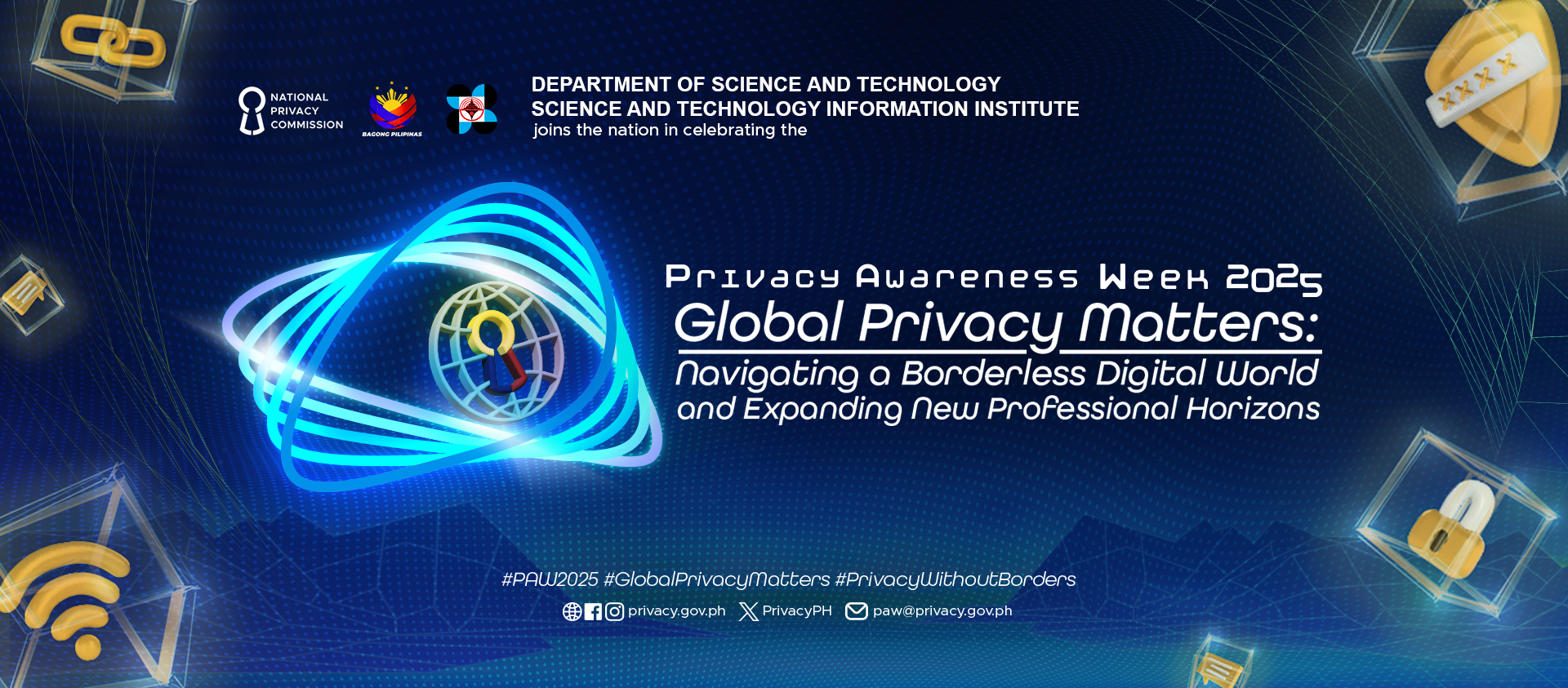
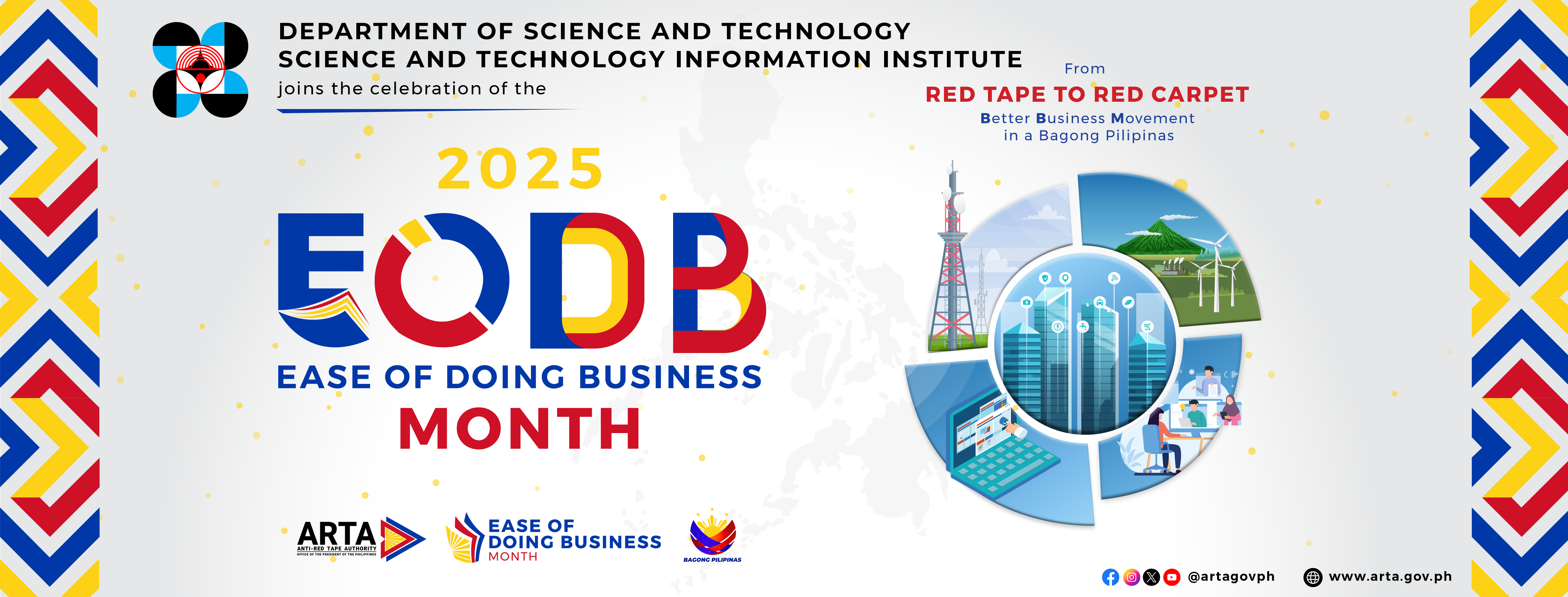
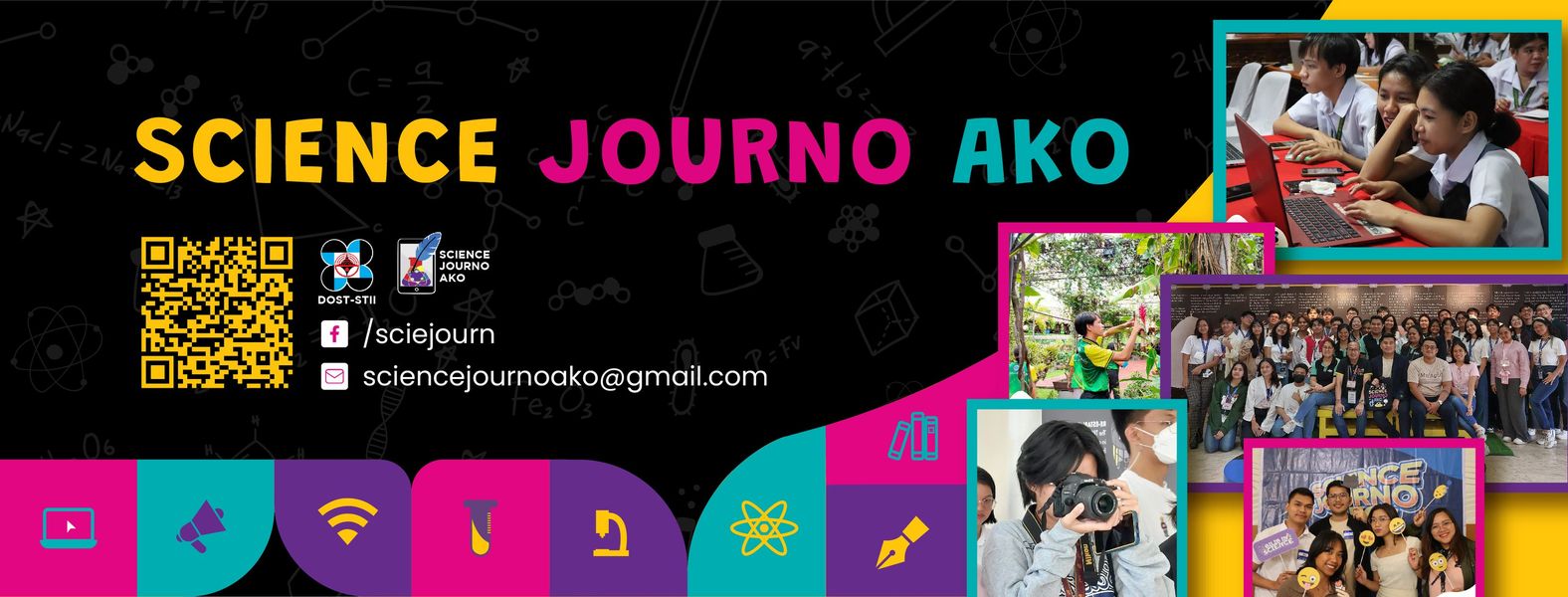
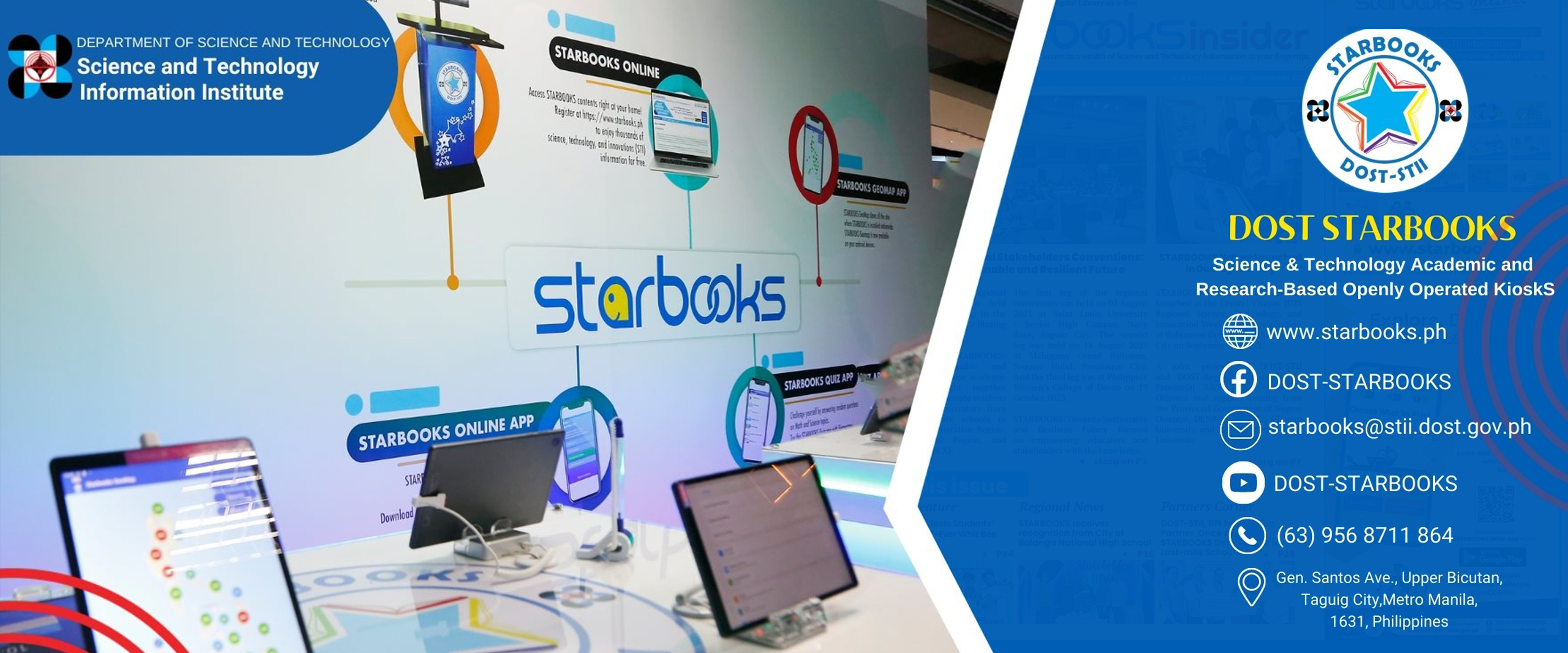
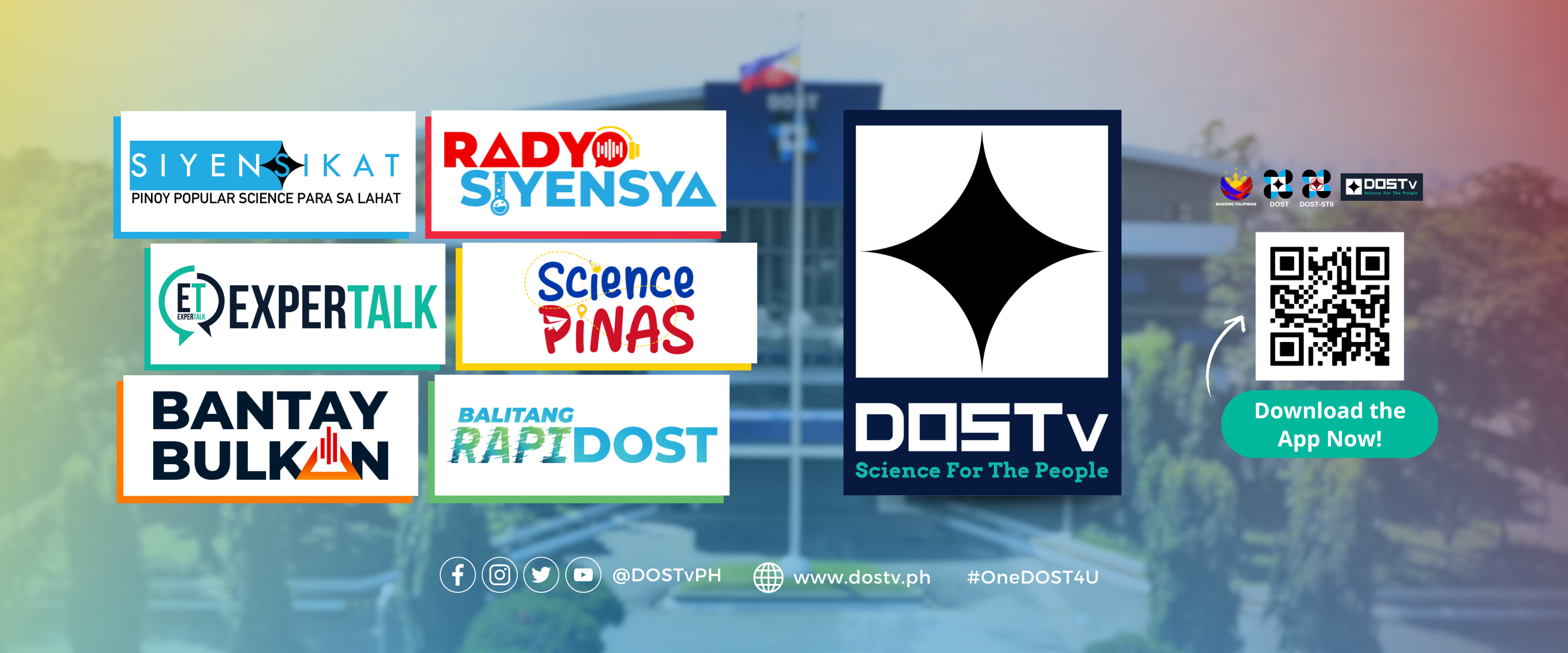






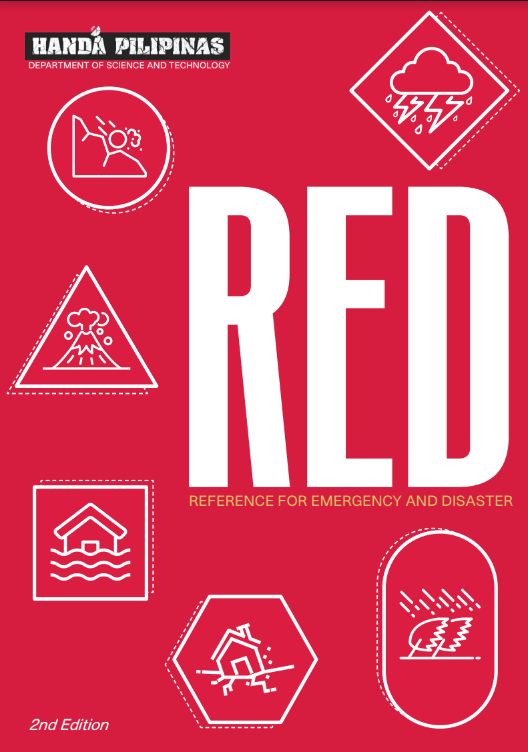





 21 in 2021 Technology Catalogue
21 in 2021 Technology Catalogue 21 in 2021 Technology Catalogue
21 in 2021 Technology Catalogue DOST Innovations - Web and Mobile Applications for Disaster Risk Reduction and Management
DOST Innovations - Web and Mobile Applications for Disaster Risk Reduction and Management